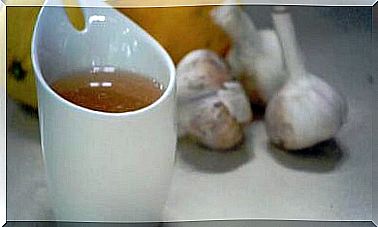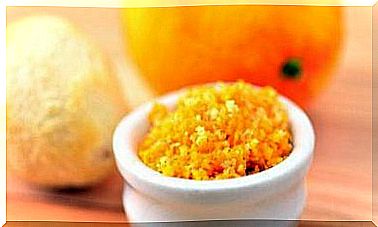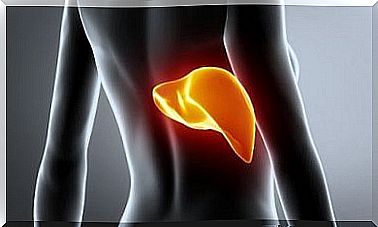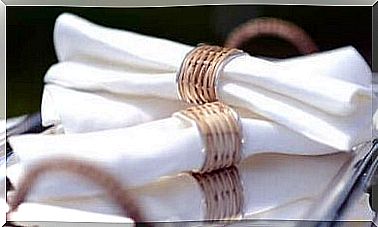Changes In Urine: What To Watch Out For
A change in urine should always be carefully observed. Find out why this can occur and when to see a doctor in this article.

Any change in urine should always be watched carefully. Find out why this can occur and when to see a doctor in this article.
Urine is a fluid that is formed in the kidneys after organic debris and excess water are filtered out of the body. From there, this fluid travels down the ureters, one for each kidney, to the bladder, where it accumulates.
Normally, urine consists of 96% water and dissolved substances such as urea, uric acid, creatinine and chlorides. All of these components need to be examined if we notice a change in the urine .
Urine is excreted from the bladder through the urethra. The bladder itself is an organ that can store 170 to 180 cc of urine in three to five hours when it functions normally.
Change in urine: various causes
Problems urinating
The excretion of urine can be changed due to various factors or diseases. For example, it can be made more difficult by urinary stones, but also by tumors, which prevents the bladder from emptying properly.
Kidney disease can also be responsible for the complication – especially if the patient suffers from renal insufficiency.
Obstructive problems often explain the impaired urination : Infections of the urinary system or difficulties with bladder function such as an overactive bladder, incontinence or an enlarged prostate in men are possible causes.
Changes in the composition of the urine
As already mentioned, urine is mainly composed of water, but also of other elements. These components can occur to a greater or lesser extent and indicate that something is not working properly in the organism.
Therefore, a urine sample provides information about the amount of these components in the urine in order to be able to make an appropriate diagnosis of possible diseases. The primary changes in urine or its components include:
- Proteinuria: The urine contains too much protein. This can be a sign of diseases such as diabetes, certain types of poisoning, glomerulonephritis, or infections.
- Glucosuria: This means the amount of glucose in the urine. Glucosuria mostly occurs in patients with poorly controlled diabetes and some kidney diseases.
- Pyuria: In this case, there is pus in the urine.
- Hematuria: It can occur with urinary tract infections, urinary stones or cancer of the urinary system. The urine also contains traces of blood.
- Bacteriuria: It can be a sign of an infection of the urinary system or urinary tract due to the bacteria in the urine.
Changes in the amount of urine excreted
The amount of urine excreted can also vary. If no urine is produced, it is called anuria. In the opposite case, it is a polyuria, an excessive excretion of the amount of urine.
Another possible change in urine can be traced back to oliguria. This shows that the amount of urine decreases significantly every 24 hours. Urinary retention should also not go unmentioned, in which the emptying of the bladder is not possible.
Lastly, urinary incontinence is a known problem where there is no control over how much urine is excreted.
Change in color of the urine

Urine is usually yellow to light yellow. The most common color changes in urine include the following:
- dark yellow as a sign of dehydration
- orange due to excessive consumption of foods rich in beta-carotene and also due to some medications
- red or pink from blood in the urine or, as previously mentioned, from hematuria
- purple usually found in patients with a urinary catheter due to the conversion of some pigments by bacteria in the probe tube
- Albuminuria, which can be caused by a severe urinary tract infection or lymph fistula, especially in cases of neoplasia or abdominal trauma
If you notice changes in your urine over a period of more than three days, it is better to see a doctor. A urine sample can be used to determine the cause and implement appropriate treatment options.








